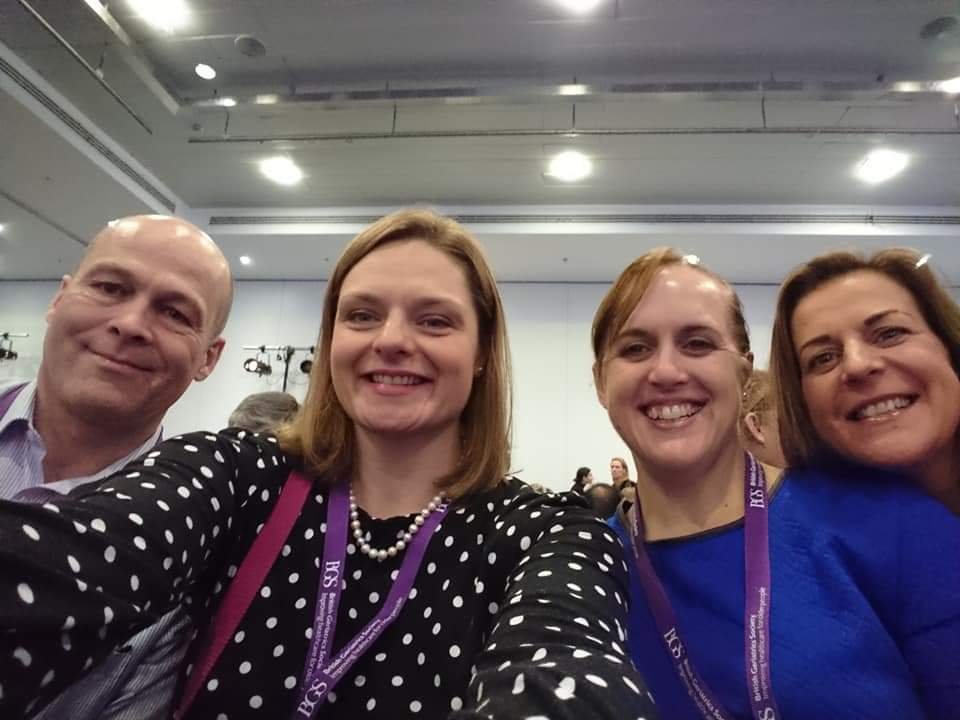Lucy Lewis is a Consultant Practitioner specialising in Frailty and Older People with Health Education England (South). She is Chair of the BGS Nurses and AHPs Council and collaborated with fellow Council members Frazer Underwood, Julie Mcloughlin, James Lee, Emma Matthews, and Anna Chainey to write this blog. Follow the Nurses and AHPs Council on Twitter via #NurseAHPcouncil
Let’s hear more about some of our nursing colleagues who are adapting to working through the COVID-19 pandemic:
Innovation in acute hospital
Frazer Underwood is Associate Clinical Professor and Consultant Nurse in Integrated Services for Older People and NIHR 70@70 Senior Nurse and Midwife Research Leader.
Across Cornwall and the Isles of Scilly the COVID-19 response to older people care can be summed up in one word: transformational.
Working with primary, community and secondary care colleagues and ambulance services, the opportunity to radically change the acute admission pathway for older people living with frailty has been realised in a matter of weeks. Like many colleagues around the country, the need to reduce admission pressures on the acute hospital and its critical services was quickly grasped. Locally we have now established three community-based, direct assessment and admission units and are responding to a wide range of acute and crisis presentations in older people. These units connect to colleagues in Primary Care Networked areas, who then facilitate a responsive service and are able to discharge patients for ongoing care. This has felt like a great success and the question now at the forefront of our minds is how to sustain this transformation.
Emma Matthews, Anna Chainey and Lucy Lewis are frailty and older persons pathway participants on the HEE South East Consultant Practitioner Development programme. They have undertaken temporary full-time leadership roles specific to COVID-19.
Emma and Anna are providing in-reach clinical leadership in acute hospitals in their host trust, using the new ‘discharge to assess model’. This involves hospital and community teams working swiftly and collaboratively to discharge people home with appropriate health and social support. Within a month, this process has undergone multiple cycles of change at a speed never anticipated prior to the pandemic, and will likely transform how hospital discharges are managed in the future.
Lucy has been seconded to the role of Consultant Practitioner with the New Forest Frailty Support Team, providing an out of hospital acute frailty service that has rapidly expanded in response to COVID-19. The principal aim is the avoidance of inappropriate hospital admissions through a multi-professional frailty service.
A word from the wisest:
As Florence Nightingale wrote, ‘ …never lose an opportunity of urging a practical beginning, however small, for it is wonderful how often in such matters the mustard-seed germinates and roots itself.’ While it is disappointing that so many celebrations to acknowledge the contribution of nurses through the years and across the globe have been postponed, it is also so clear that their contribution during this time has shown how the profession is at the forefront of healthcare innovation and had a greater impact on patient care than ever before.
Are you a nurse or allied health professional whose role has changed significantly in response to COVID-19? We would like to collate some experiences to publish in the BGS Newsletter. Please contact Amy Brewerton via editor@bgs.org.uk
